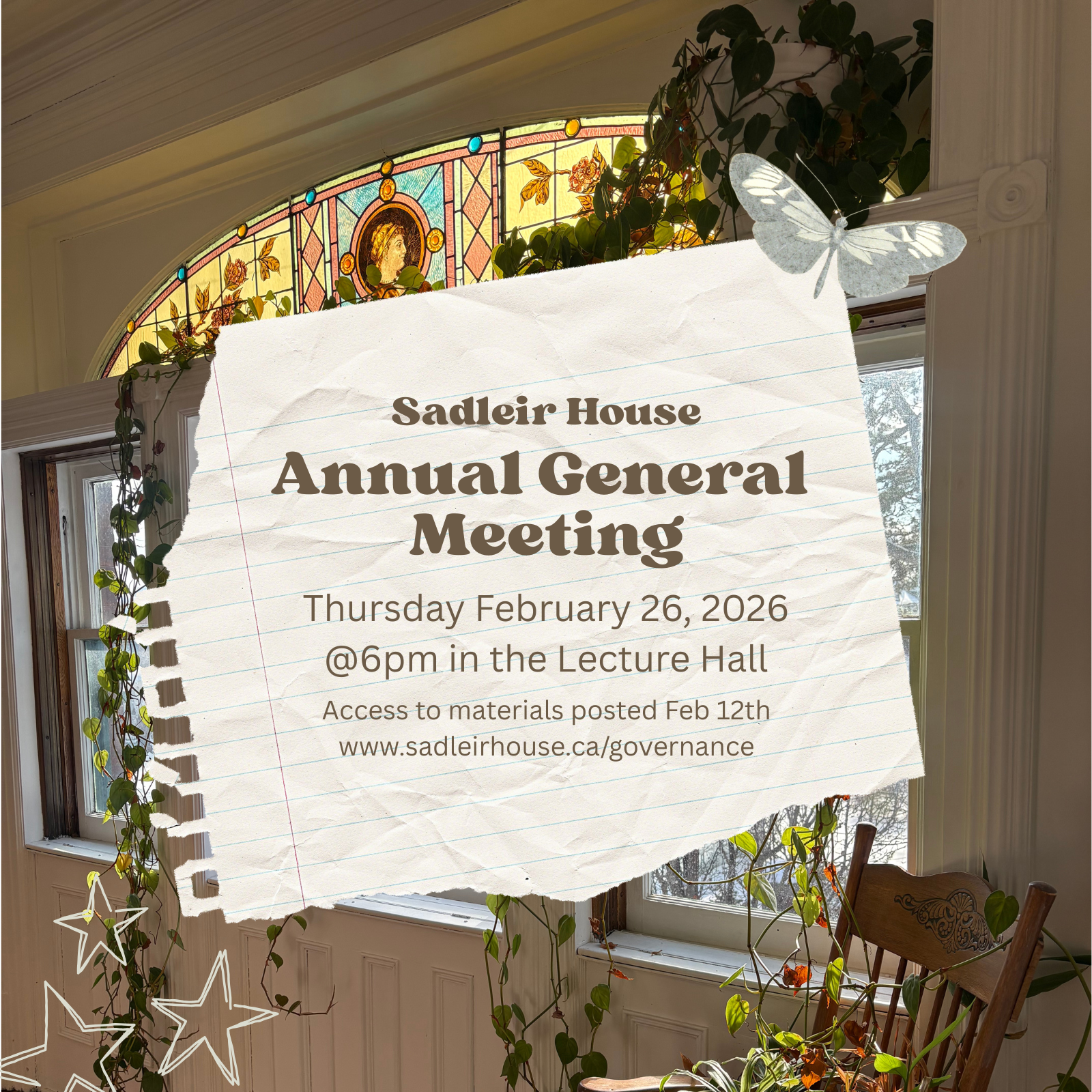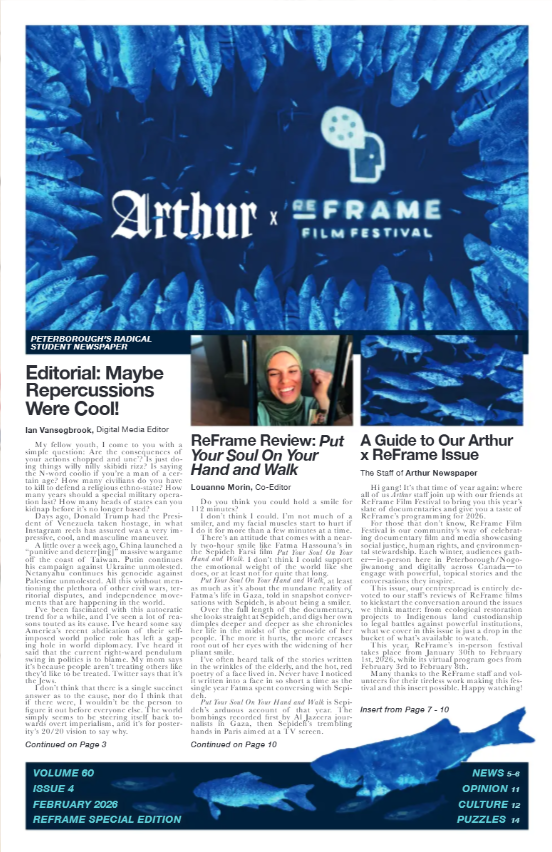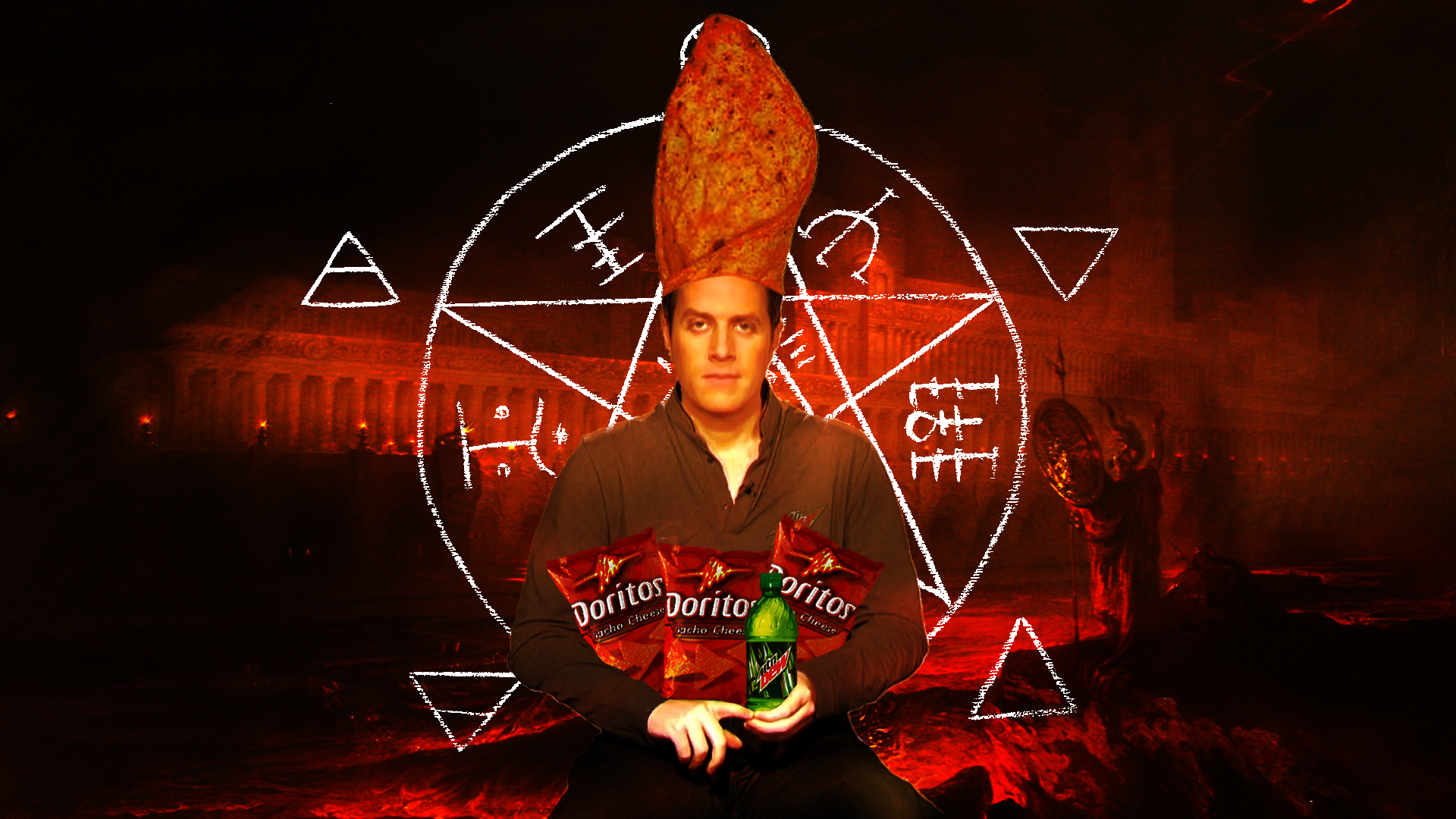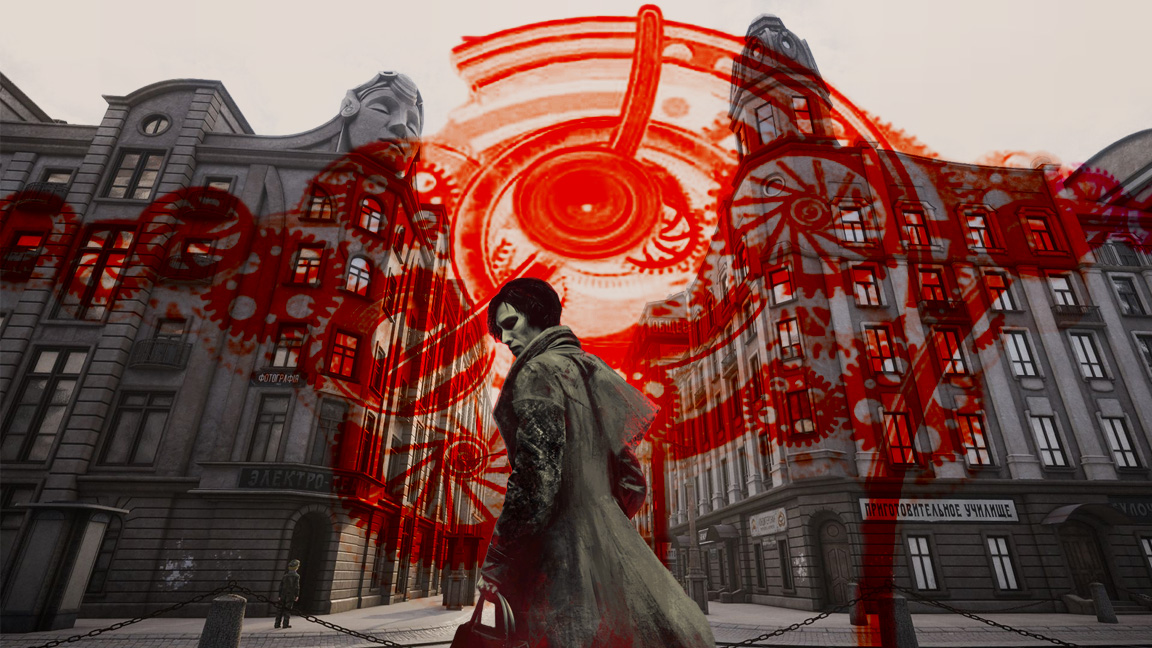The novel is set a mere two years from our current moment which, while this pandemic is far from a World War, certainly does not bode well for our ability to rally in the midst of a crisis of global infrastructure collapse. I wonder if we are prepared. I read this novel some weeks ago now, on a day that rained, and I started to look at my neighbours through a second story window. I could see into their backyards, taking in the neighbourhood as a whole, and could note a few details: three of them own wood fireplaces, however do not have any kind of sheltered storage for their fuel (instead using tarps to cover their woodpiles, said tarps inevitably decaying throughout each winter, needing to be restitched or replaced the following spring); that none of them have solar panels; that the river we live beside would be beyond filthy for drinking water; that we are principally not an urban community, though are still not quite a rural one. A few days after I finished the book, there was a power outage throughout town, on a night that had no weather to speak of. The air was calm and silent and as I walked through the middle of my street it dawned on me just how dark it could become.
While we may, as a national community, feel fractured and inconvenienced by COVID-19, we all possess a kind of telepathy. I am in one city and you are in another, and we cannot travel to see each other because we have different bubbles, but I can communicate with you, sending my thoughts directly to you, awaiting a return message. We are connected. Our generation, living in the West, has never known a lack of this kind of connectedness, whether it is in the form of the internet, the telephone, or even television. The Silence builds upon our current experience of the world — that of being separated and severely fractured as a community, both physically and politically — demonstrating that the divisions we’re seeing today are small in scale, compared to the framework that we’ve taken centuries to develop. The real, jarring change would be its collapse, the loss of our global community, all the world’s cultures unable to communicate with each other. We take for granted what basic unity we share.
The novel was completed a few short weeks before the current pandemic began immobilizing the world. The story follows a group of friends collected in a New York apartment for Super Bowl LVI, when, suddenly, the TV goes black. This extends beyond a meagre power outage; cellphones are dead, central heating turns off, and planes fall out of the sky. DeLillo is most interested in capturing the confoundment of these initial moments of collapse. In the minutes and hours after electronics disappear, how do we grasp this shift in power? How can we even articulate it? Our language, suddenly, does not seem up to such an extensive, enigmatic task. One character, Martin, begins reciting long passages of Einstein’s writing in the middle of the apartment (aloud, yet indifferent to whether anyone in the room is listening to him), making detailed connections between what is happening and what Einstein wrote decades earlier. With electronics in absentia, Martin begins to interrogate time’s relation to language and reality. He sees something significant in reading Einstein’s rough manuscripts, fixating on all “the words and phrases that he crossed out. We can see him think.” There is a connection being made, between language and technology, and our different ways of interpreting the world. Their linearity seems to collapse under close scrutiny. While language and thought can mirror our electronic connections, it cannot offer a blueprint for handling its sudden absence. We have not been without language for a very long time and we have never been without thought.
Another character leaves the apartment, wanting to see what other people know and examine the conditions in the streets. A brief excerpt of their thoughts reads as such:
Is it like this in other cities, people on a rampage, nowhere to go? Do crowds in a Canadian city spill down to join crowds here? Is Europe one impossible crowd? What time is it in Europe? Are the public squares swarming with people, tens of thousands, and all of Asia and Africa and elsewhere?
Overnight, we could see our world become infinitely smaller. The question is: How do we stay connected? Are we, collectively, only a mass of solitary individuals? We can certainly say that we, as a modern populace, all stream our entertainment together, forming some kind of new wired horde. Yet, regardless of this connection, our subscriptions are hardly uniform; any given person might only watch content from YouTube, or Netflix, or Disney+, or Prime Video, each service immersing its viewers in a somewhat insular digital culture, operating independent from the rest. In this sense, we are still quite solitary, while simultaneously congregating under the internet’s umbrella, operating as a new kind of crowd, one that is unique to the Digital Age. If this technological connection were to be severed, however, would our concept of what it means to be a crowd — our loneliness suddenly laid bare — unravel in an instant? Or would we, inversely, assemble as some global Arab Spring, some vast united crowd, all of us gathering without any formal plan or structure, when confronted with technology’s imminent loss? DeLillo does not tell us how we will behave, or if we will cooperate. The text’s indifference to which path we take is disquieting.
I will complain that the novel is short. It is more of a novella. This is not a problem for the text itself — its brevity fits the subject matter perfectly — I am merely selfish and want to read more, to see what happens next. I am looking around my neighbourhood again while writing this, and am confident of nothing. Were some vast electromagnetic pulse to wash over us all tomorrow, the security cameras around me would be useless, my inoperable porch light a limp deterrent for theft, my PlayStation an ineffective toy to pass the time. I wonder where I would get food. Brita filters need to be replaced somewhat frequently, and I doubt they would do much for my river water. A word to the wise: stock up on books. Paper will take longer to vanish, as our planet heats in protest.
Don DeLillo’s The Silence is available today, from Scribner Books.
To read more of Dante's reviews, check out his "The Arthur Literary Review" articles on Interior Chinatown by Charles Yu and Daddy by Emma Klein.





.png)













.jpg)

.jpg)





.jpg)
.jpg)

.png)